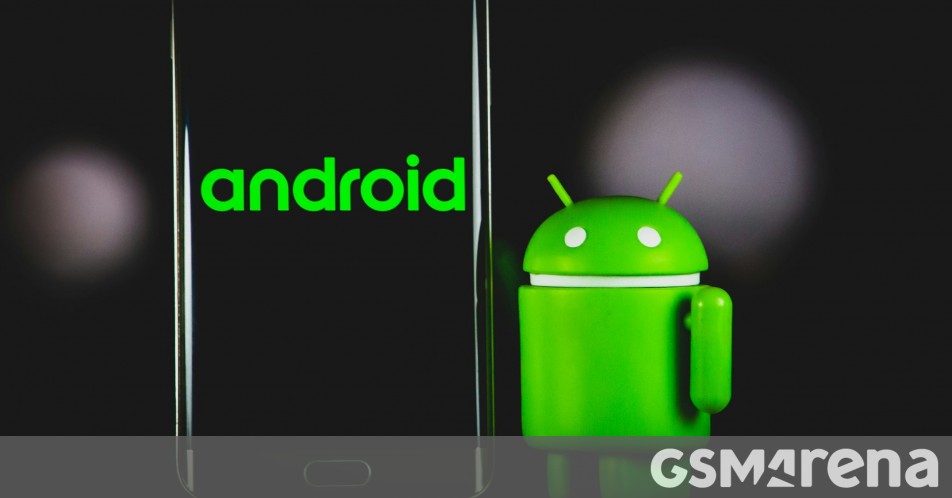With Android 15, Google mandates a minimum of 32GB storage for smartphones wishing to preinstall its Google Mobile Services (GMS), an increase from the previous 16GB requirement. At least 75% of this storage must be dedicated to the data partition. Devices with 2GB or 3GB RAM are limited to Android Go Edition, while those with less than 2GB cannot access GMS. For Android 16, a minimum of 6GB RAM will be necessary for full Android functionality. Additionally, Android 15 introduces an emergency contact sharing option with a clear privacy disclosure for user consent.
With the arrival of Android 15, Google now mandates a minimum storage capacity of 32GB for smartphones aiming to have its suite of applications and services preloaded (commonly known as Google Mobile Services or GMS). Out of the total 32GB, a minimum of 75% must be allocated to the data partition, which houses preinstalled system applications, their data, specific system files, in addition to all user-installed applications and files.
The former threshold was 16GB, a requirement established with Android 13, and prior to that, it was set at 8GB. It’s important to note that a device with less than 32GB of storage cannot be updated to Android 15 if it initially launched on an earlier version.
Fortunately, not many devices are still in circulation with only 16GB or 32GB of storage, and it’s worth mentioning that using a phone with 32GB of storage will be quite unsatisfactory, regardless of Android 15. However, it’s intriguing that Google is enforcing a specific minimum storage requirement for devices seeking GMS.
The same principle applies to RAM. Devices equipped with 2GB and 3GB of RAM are required to use Android Go Edition, which is tailored for ultra-low-end smartphones, whereas those with less than 2GB of RAM are not eligible for GMS at all. Phones featuring 4GB of RAM can still access GMS and operate the full version of Android 15, but starting with Android 16, they too must transition to the Android Go path, effectively setting a minimum RAM requirement of 6GB for running the complete version of Android.
Additionally, Google is insisting that devices running Android 15 provide users with the option to share their emergency contact details with the system’s Emergency Location Service during emergency calls. This feature enables users to opt-in for sharing their emergency contacts along with their location data when reaching out to emergency services. Consequently, this allows emergency services to contact your emergency contacts and conveniently locate you in critical situations.
To safeguard your privacy, Google enforces a clear notification about the types of information that may be shared with emergency services. The company also stresses that sharing emergency contact data must be done on an opt-in basis.
Source
